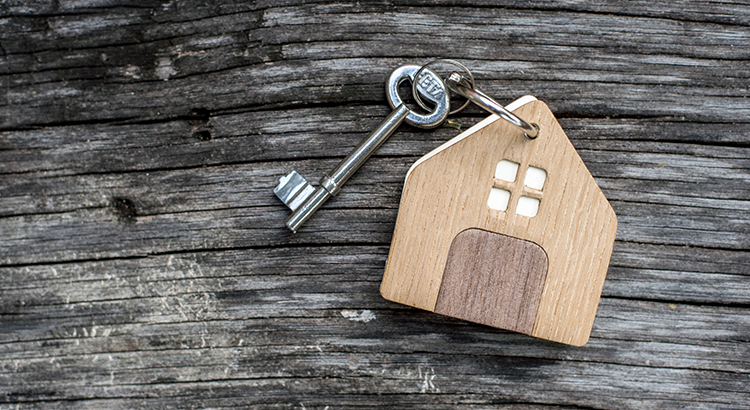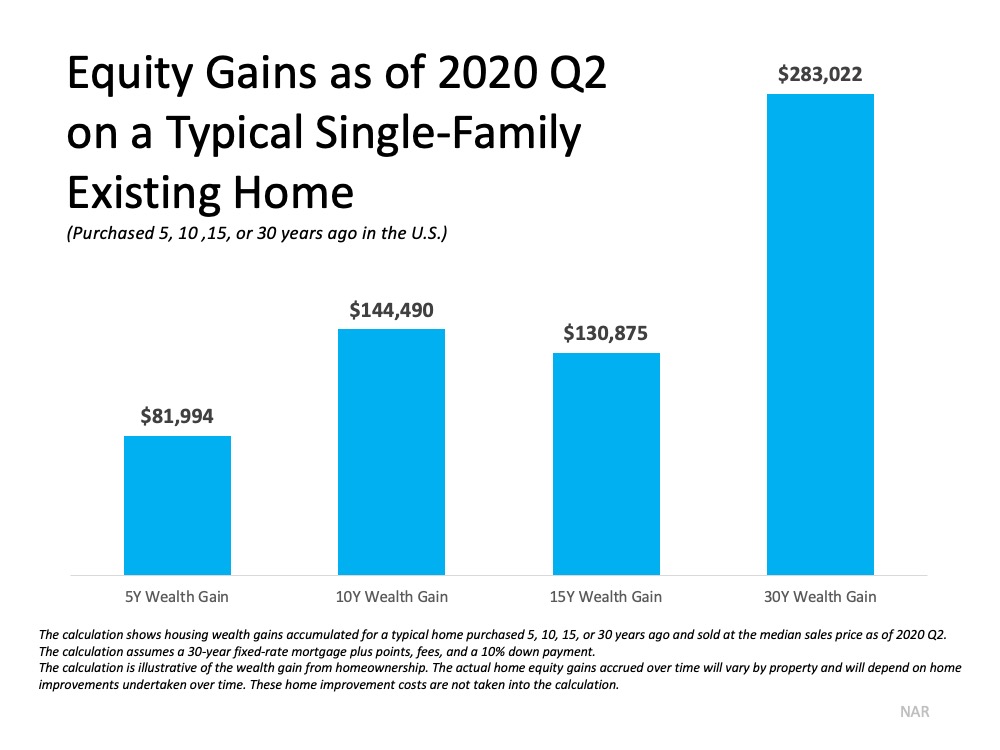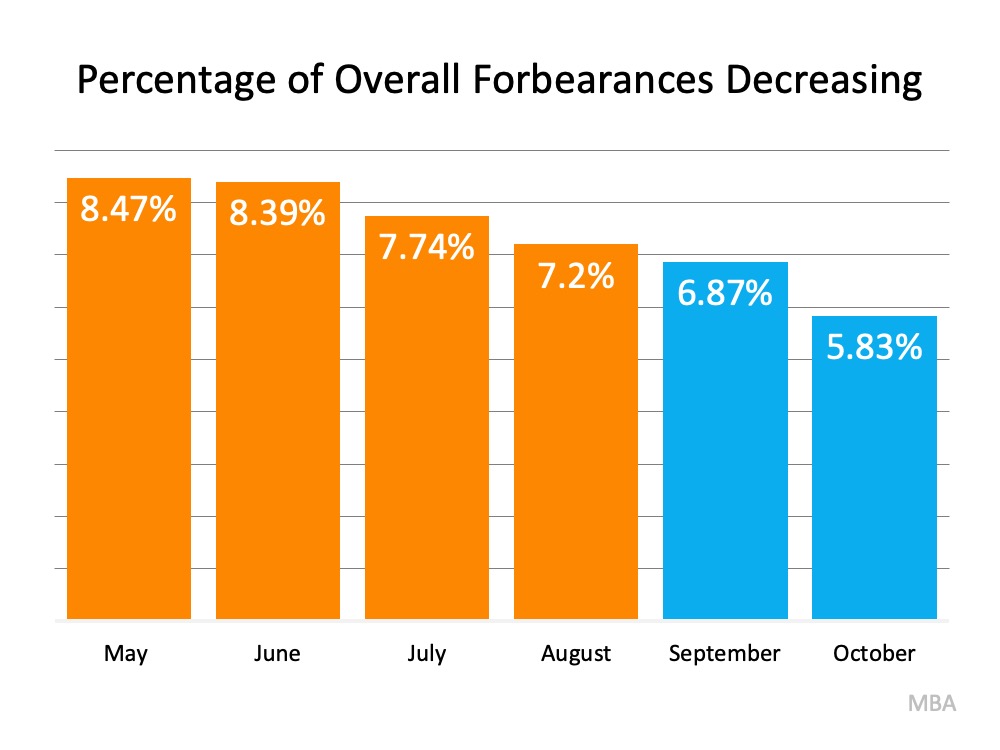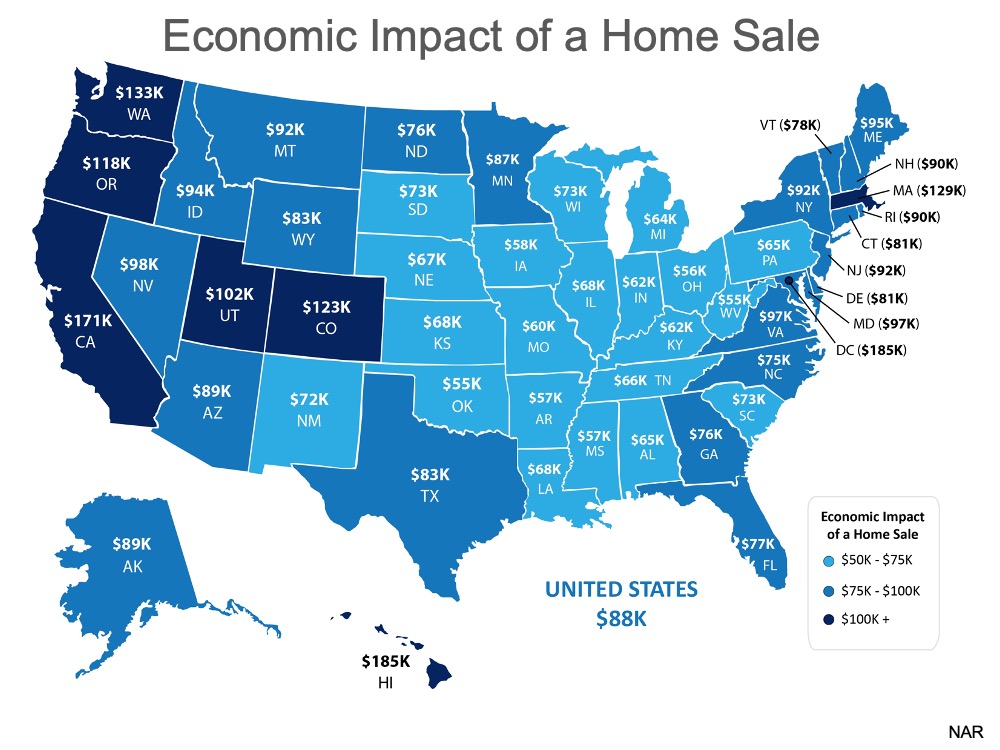In today’s real estate market, the buzz is all about how it’s a great time to sell your house. Buyer demand is high, and there simply aren’t enough homes available to buy to meet that growing need. This means now is the time to make a move so you can close the deal on your ideal terms.
Even in today’s strong sellers’ market, there are homeowners who are choosing not to sell due to ongoing concerns around the health crisis, financial uncertainty, and life in general. According to Zillow, here are the top three reasons homeowners who are thinking of selling sometime in the next three years are not putting their houses on the market right now:
- 34% - Life is too uncertain right now
- 31% - Financial uncertainty
- 25% - COVID-19 health concerns
If you identify with any of these, you’re not alone. Whether it’s the future of your employment situation or simply being uncomfortable having guests in your home for showings, life feels a lot different than it did at this time last year. The good news is, real estate professionals have spent the majority of 2020 figuring out how to sell homes safely, and it’s paying off for those who are choosing to move this year.
Real estate agents are doing two things very well to make selling your house possible:
1. Agents Are Implementing Technology in the Process
While abiding by state and local regulations as a top priority, real estate agents are making sales happen safely and effectively by leveraging key pieces of technology. Agents know exactly what today’s buyers and sellers need and how to put the necessary digital steps in place. For example, agents have capitalized on the technology buyers find most helpful when deciding on a new home:
- Virtual tours
- Accurate and detailed listing information
- Detailed neighborhood information
- High-quality listing photos
- Agent-led video chats
They’re listening to their audience and leveraging the tools that help buyers get an initial look at a home without having to step inside. This helps reduce the number of people entering your home, so only those who are very seriously interested need to take the next step: in-person showings.
2. Agents Are Facilitating Safe and Effective In-Person Showings
After leveraging technology, if you have serious buyers who still want to see your house in person, agents are following the guidelines set by the National Association of Realtors (NAR) and utilizing safe ways to proceed. Here are a few of them, understanding again that the agent’s top priority is always to follow state and local restrictions first:
- Limiting in-person activity
- Requiring guests to wash their hands or use an alcohol-based sanitizer
- Removing shoes or covering them with booties
- Following CDC guidance on social distancing and wearing face coverings
Getting comfortable with your agent – a true trusted advisor – taking these steps under the modern-era safety standards might be your best plan. This is especially important if you’re in a position where you need to sell your house sooner rather than later.
As Jeff Tucker, Senior Economist for Zillow notes:
“Homeowners who feel life is uncertain right now may think they can still get a strong price if they delay selling until they have more clarity. The catch is that waiting to sell may raise the cost of a trade-up. This fall's record low mortgage rates, which make a trade-up more affordable on a monthly basis, are not guaranteed to last.”
Bottom Line
In this new era in our lives, things are shifting quickly, and virtual strategies for sellers may be your ideal option. Opening your doors up to new approaches could be game-changing when it comes to selling your house while the market is leaning in your favor. Let’s connect so you have a trusted real estate professional to help you safely and effectively navigate all that’s new when it comes to making your next move.
![Tips to Sell Your House Safely Right Now [INFOGRAPHIC] | MyKCM](https://files.mykcm.com/2020/11/12090934/20201113-MEM-1046x1641.png)




![Making a Home for the Brave Possible [INFOGRAPHIC] | MyKCM](https://files.mykcm.com/2020/11/05133615/20201106-MEM-1046x1717.png)



